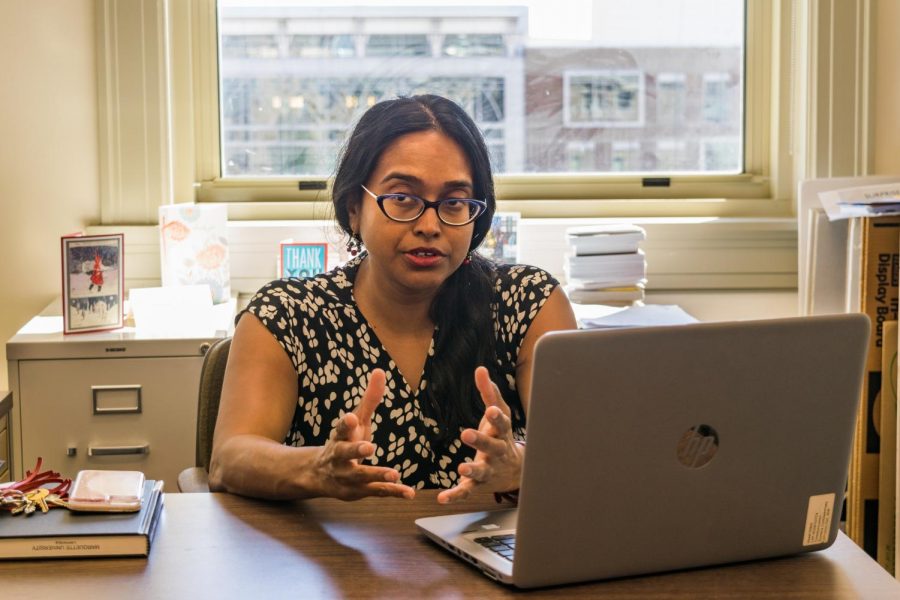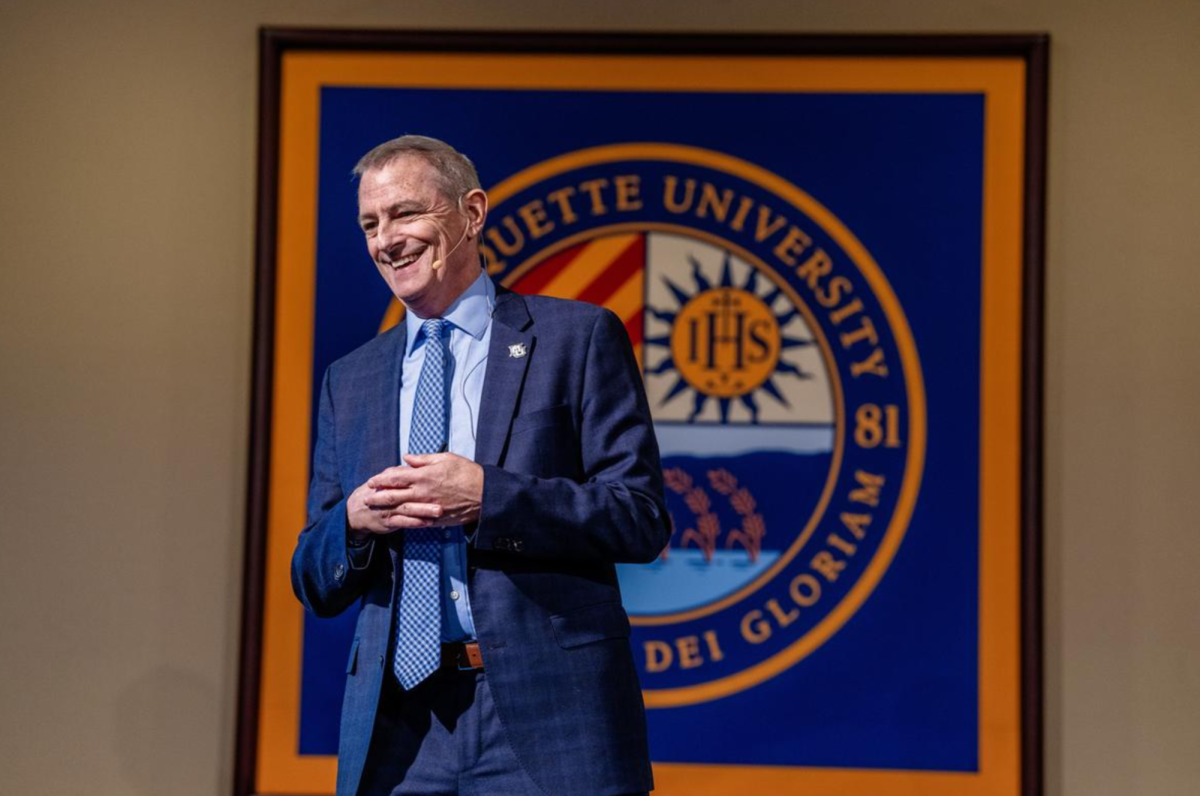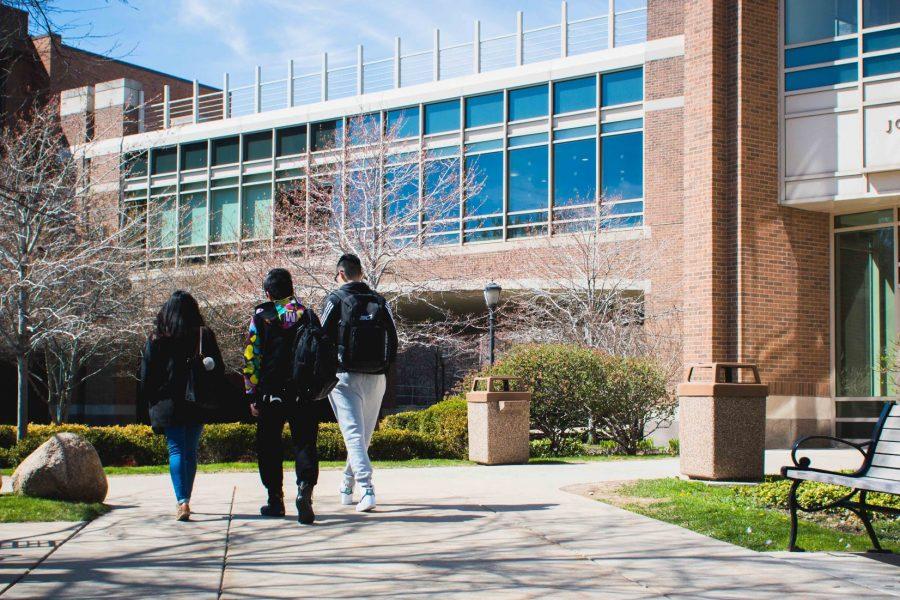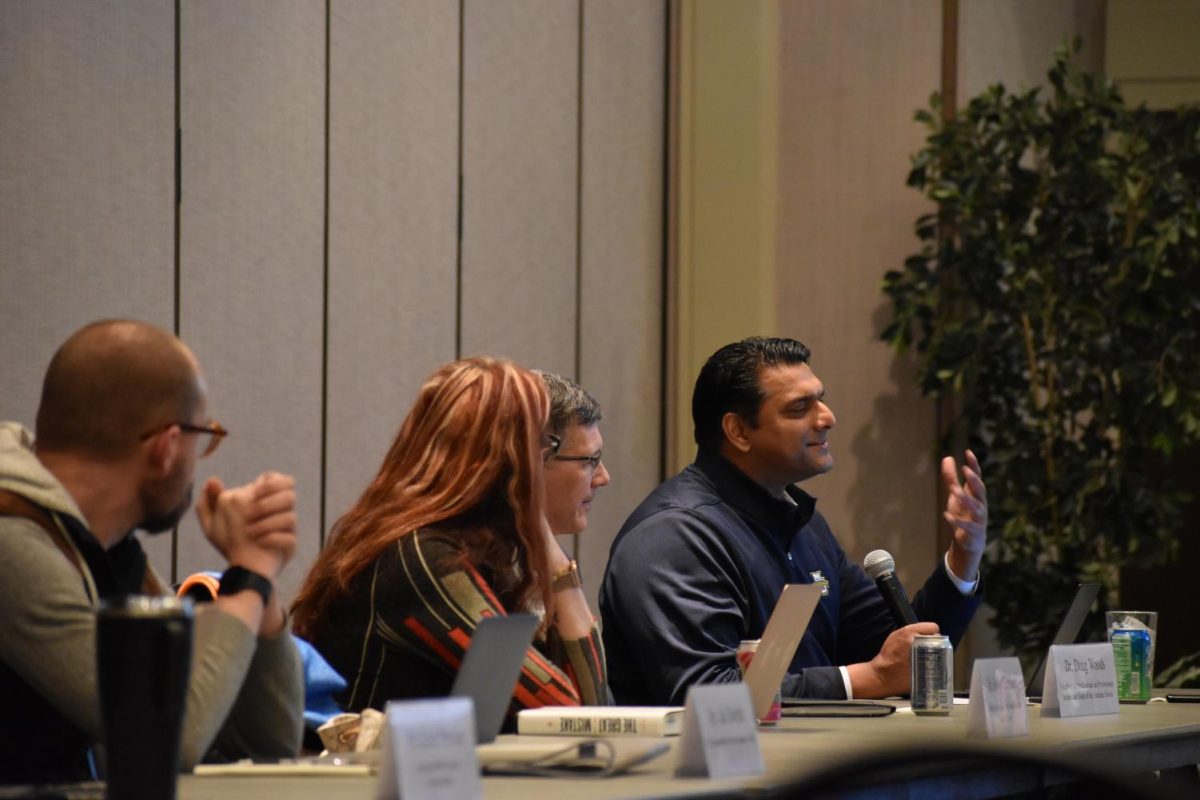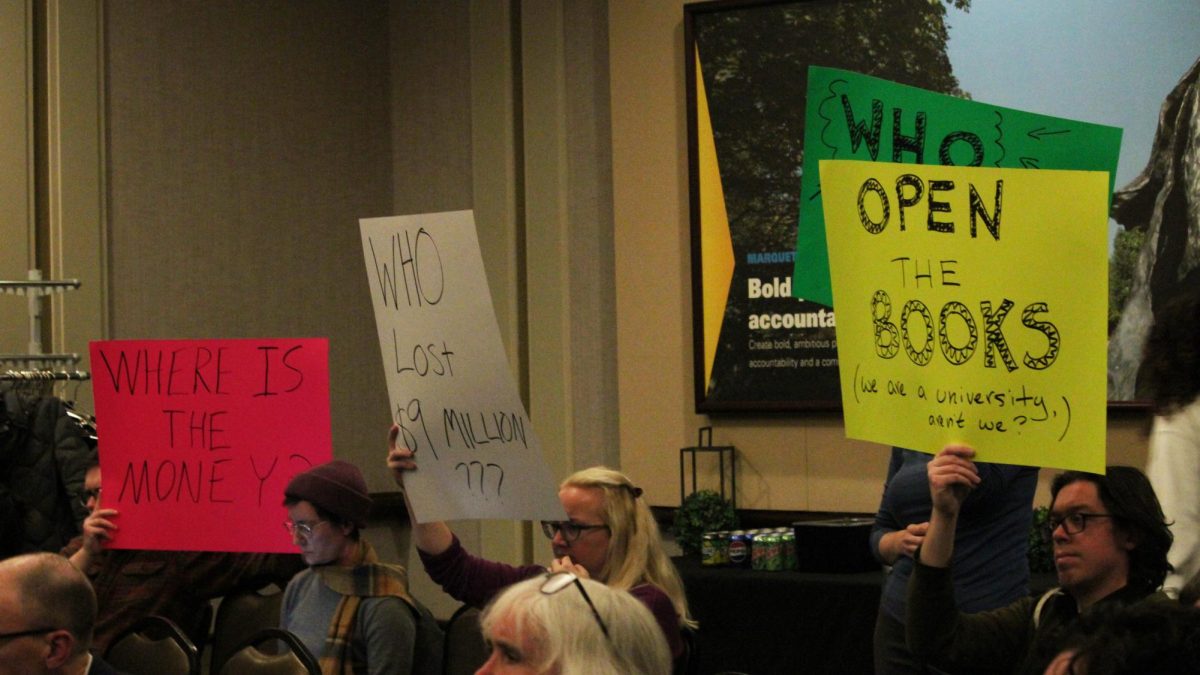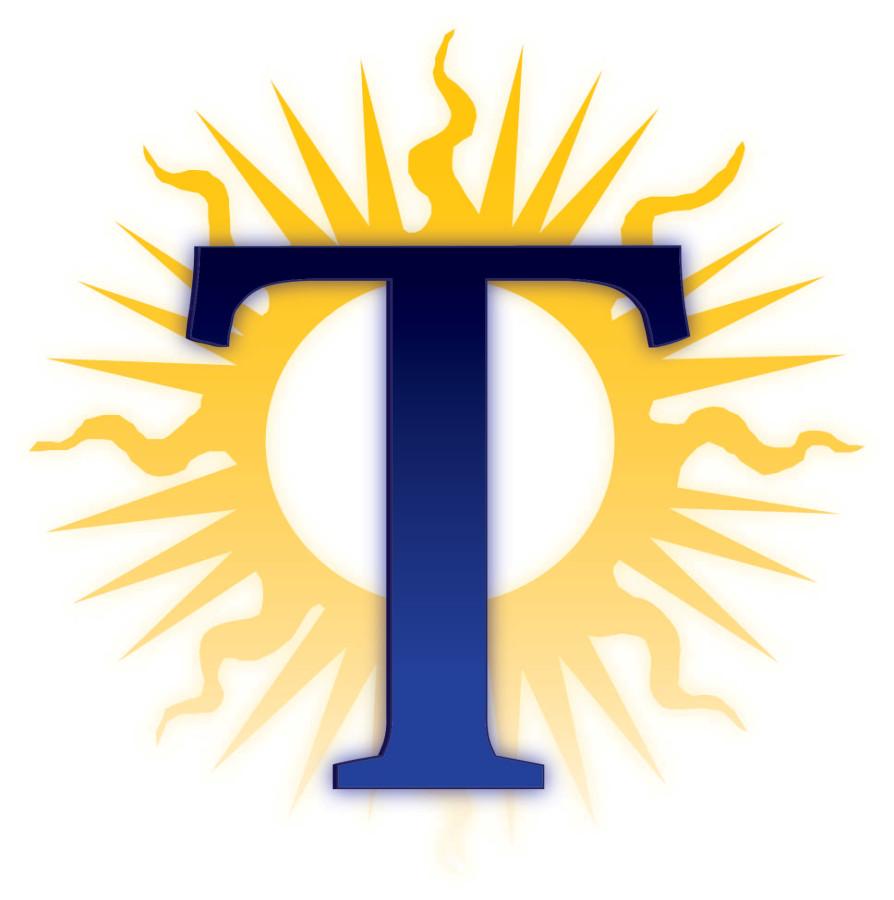University Academic Senate members proposed revisions to the university’s intellectual property policy at their meeting Aug. 26.
“Mostly (the revisions) are just reorganizing and rewording various provisions,” Bruce Boyden, associate professor of law and secretary of the University Academic Senate, said.
Intellectual property concerns ownership of rights to creative works or inventions.
Boyden said when works are produced as a part of someone’s job, the employer owns the rights. However, he said, the university has a policy put in place as an exception to that.
One change the senate proposed is the creation of the Patent Review Committee, rather than the intellectual property Review Board. The new committee would report to the vice president of corporate engagement. The current board reports to the provost.
“The primary focus of this new committee, based on both the name change and who it reports to, will be patenting inventions, which will leave us without a faculty committee devoted to studying the overall intellectual property Policy and recommending changes,” Boyden said in an email.
An ad hoc committee is being formed to study the issue of Intellectual Property. This will contain around six to nine faculty to study this issue, Sumana Chattopadhyay, chair of the academic senate and associate professor of digital media and performing arts/media studies, said.
Boyden said a question for the Senate is whether a more permanent committee will be necessary to analyze how the policy is working for both patents and copyrights.
An additional change concerns student intellectual property, Boyden said. The policy now states that students own property they produce for coursework at the university. The university retains ownership if the IP arises from sponsored work.
At the meeting, faculty, an associate professor of finance, Sarah Peck and Lowell Barrington, the chair of political science, brought up concerns with the policy.
Barrington said he heard from a number of other faculty who were also concerned about the policy.
He said he had concerns about licensing. His issue was within the current policy, but the revised version made it even more obvious.
The paragraph in question said “academic works … incorporated into educational resources designed for classroom use … the University will have a perpetual, nonexclusive, royalty-free license to use, display, copy, distribute, and prepare derivative works for administrative and educational use in programs and courses offered by the University.”
Barrington said he wonders what the paragraph exactly means.
“Could essentially all of my course materials be taken by the university, used to develop a similar kind of class that someone else is teaching but we have no control over who that is,” Barrington said.
He said the only limitation in the wording is how use of university-owned material must be through Marquette.
The rise of online classes and online degrees made this particularly important, he said.
Faculty are asking for a clearer sense of the restrictions as to when Marquette would have a right to use these materials, he said.
At the meeting, it was made more clear what the licensing was referencing, according to Barrington. He said it seemed to be meant for emergency situations where a professor cannot complete the semester.
The problem he had was that the wording was not limited to those circumstances, he said. He feels it is broad, open ended and needed clarification.
“Faculty members are becoming more aware of intellectual property rights and what they do and create,” Boyden said.
He also said intellectual property was an arcane issue that did not affect day-to-day operations.
He said the rise of electronic courses, academic publishing going toward open access and inventions becoming more common among university activities all contribute to the rise in intellectual property’s importance.
Barrington said the Academic Senate’s response made it clear it was listening to faculty.
The policy is expected to be voted on Oct. 21.

